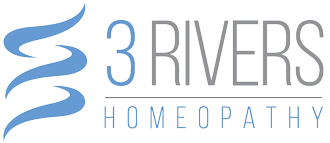How often have we pitied parents and a child with Down Syndrome?
Does diagnosis of Down Syndrome in a child bring about a sense of disbelief and denial in the parents?
As I sat down to write about Down Syndrome, my wife told me about Kelle Hampton who’s blog she had come across a while ago. Kelle is a mother who through her blogs writes about her journey and learnings bringing up one of her kids with Down Syndrome.
The energy and thoughts that she beams out in her blog “Down Syndrome: Where we are now”, are just so refreshing, especially when she writes –
- having a child with Down syndrome is not an experience to be pitied, but a joy especially when you understand what happiness really means.
- when you are told it’s a 1 in 700 and the chance of you being that “1” – which she refers to being a golden ticket. How she discovered the secret to being the golden ticket holder.
- she refers to the incredible people at her child’s school to be privileged to work with her child.
- how focused the family are to make sure their daughter’s awareness of her disability is always equivalent with celebration, self-love and capability.
From a medical perspective, the presence of a copy of the 3rd chromosome creates a genetic change causing learning difficulties and certain physical characteristics for the child. Prenatal screening usually diagnoses the condition however, many a times it is only after child birth that the condition is recognized. The child’s parents normally do not suffer with any genetical abnormality and till date there is no clear evidence to explain why there are 3 chromosomes in the genes rather than the usual 2.
The most common issues faced by such children include, a faulty immune system, delays in the milestones where growth is concerned as well as certain health problems and mental disorders. Many of them suffer from a short stature, abnormal teeth, slanted eyes, a very large tongue – the IQ however may vary.
My experience with children under my care with Downs is that Homeopathy may not modify the generic genetic pattern, however where it comes into it’s own is the management of it’s manifestations within the child. I find these children suffering from sinus, breathing problems, impeded growth, confidence issues, communication skills and repetitive behavior practices.
I feel extremely energized when I see the wonderful transformation in them with the hard work they and their parents put in alongside my combination of therapies. It’s truly gratifying to see the gratitude in the parents faces as we strive together to help give them a better quality of life.
Let’s celebrate, love, include and support them in the most natural way possible.


Recent Comments